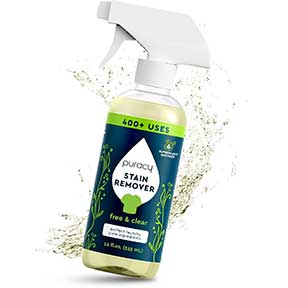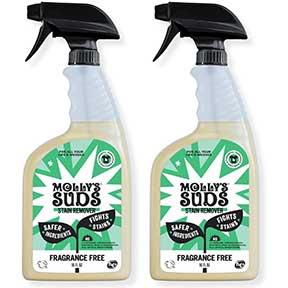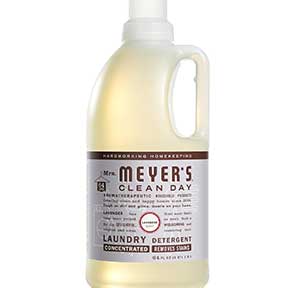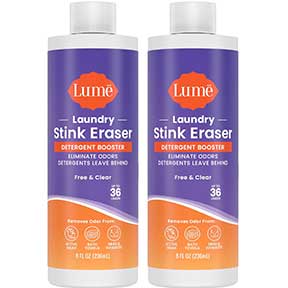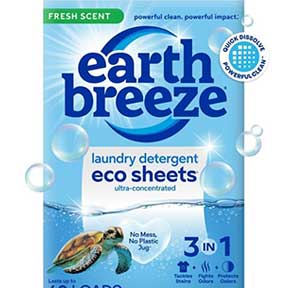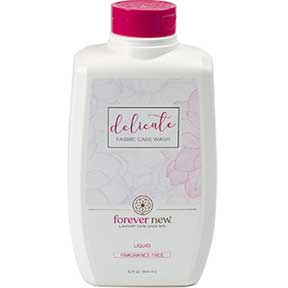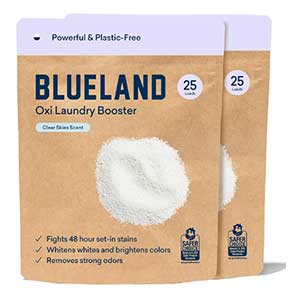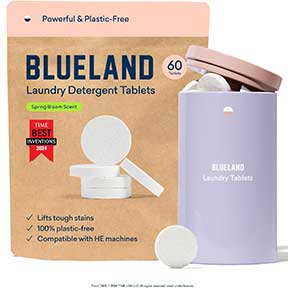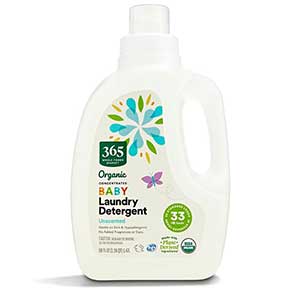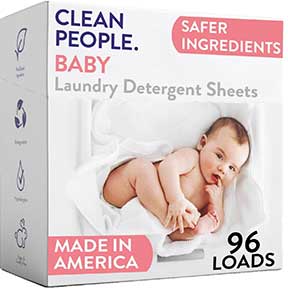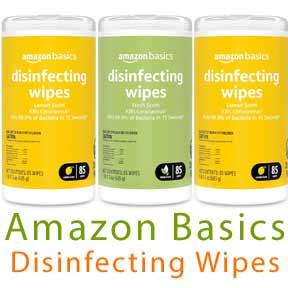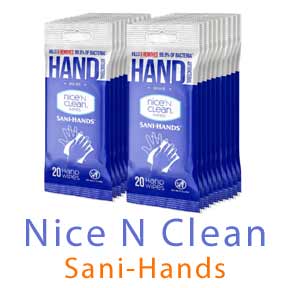Laundry 101: Part 6 – Using Fabric Softeners
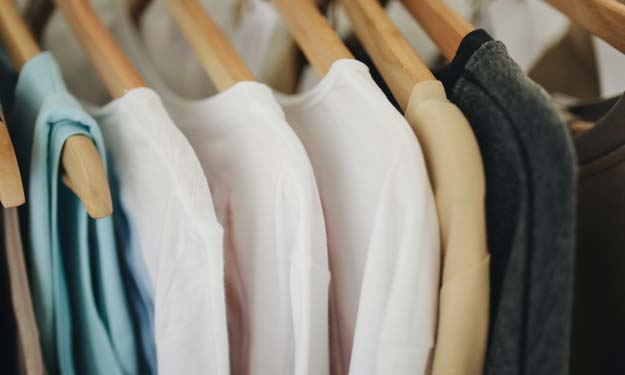
Everything Your Mom Didn’t Tell You about Fabric Softeners
Fabric softener is a combination of chemicals that are used to make clothing softer and reduce static electricity.
I have long loved the “fresh from the dryer” smell of clean laundry, but I’m not a fan of adding commercial fabric softeners to my laundry. That goes for both the liquid softener you pour in the rinse cycle or the dryer sheets used when drying your clothes.
The older I have gotten, the more concerned I am with the chemicals in the products I use, and fabric softener is at the top of my list.
Whether the fabric softener is added as a liquid in the rinse cycle, or in the dryer as a dryer sheet, it ultimately covers every little bit of your clothing. Any chemicals present are in full contact with most every part of your body.
What’s In Fabric Softeners?
Here are just a few ingredients that can be found in fabric softener:
- Alpha-Terpineol: Central nervous system (CNS) problems, breathing problems, and can cause headaches.
- Benzyl Acetate: Linked to pancreatic cancer. Irritating to eyes and lungs.
- Limonene: Carcinogen. Irritating to eyes and skin.
- Linalool: CNS disorder and reduces heart rate.
There are more chemicals used in fabric softeners for fragrance, making your clothes feels soft, and for stopping static cling that are all worrisome and that can trigger reactions.
Using Baking Soda or Washing Soda to Soften Clothes
Instead of using a fabric softener in the washing machine or dryer, you can add extra fabric softening and deodorizing by adding 1/2 cup baking soda to the rinse cycle. Baking soda is a gentler alternative to commercial fabric softeners.
You can also use 1/2 cup of washing soda added to the wash load along with your regular detergent to soften the water by increasing the pH level. A higher pH helps detergent do a better job for removing dirt and oil but it also helps reduce mineral build.
Both baking soda and washing soda are alkaline substances; they boost the power of detergent, deodorize and help to keep white colors bright.
Instead of a Fabric Softener try White Vinegar
Plain white vinegar is mildly acidic and helps reduce the pH of the water. Adding one cup of white vinegar to the rinse cycle helps remove soap residue and helps to keep clothes soft. That single cup will also help deodorize your laundry, reduce lint and associated static build up.
Using Wool Dryer Balls to Help Soften Clothes
Wool dryer balls are a very effective way to replace fabric softeners and to soften clothes. They also help reduce static cling as they bounce around the inside of the dryer. Dryer balls come in various sizes but are made of 100 percent wool – they can be a nice option versus using a dryer sheet.
Related Articles
Laundry 101 – Part 7 – Tips for Washing Laundry
Clothing and Laundry
